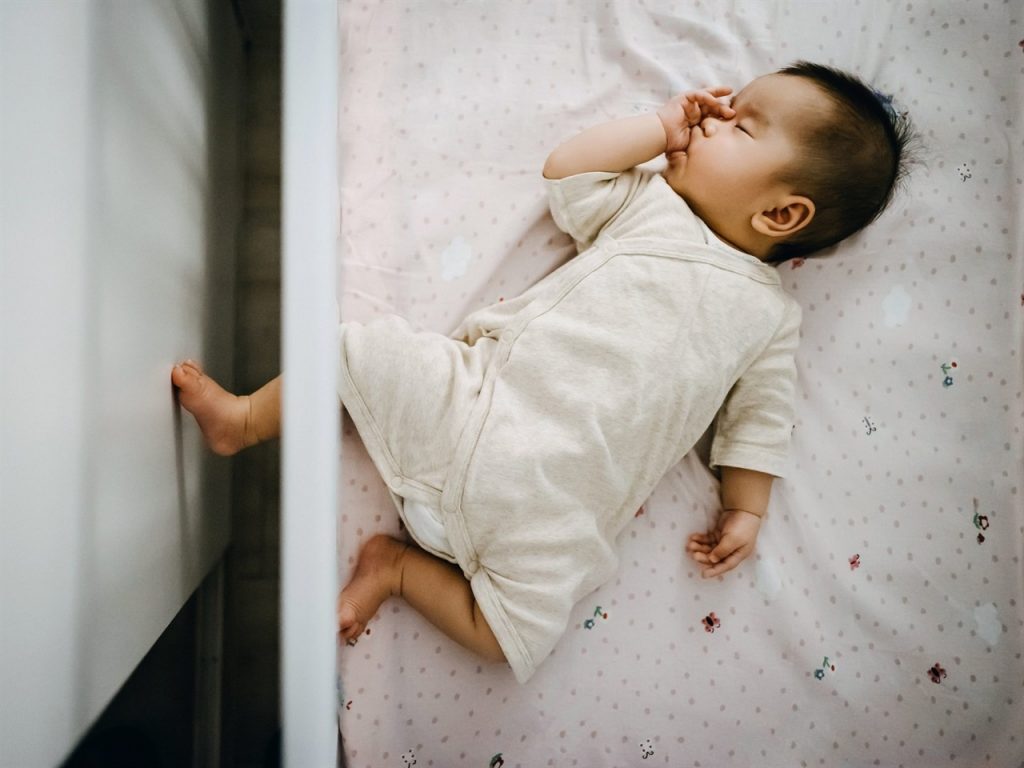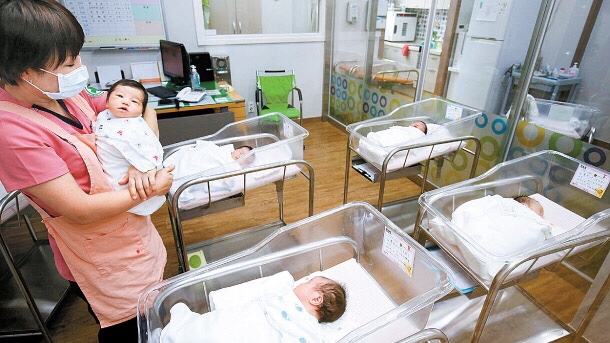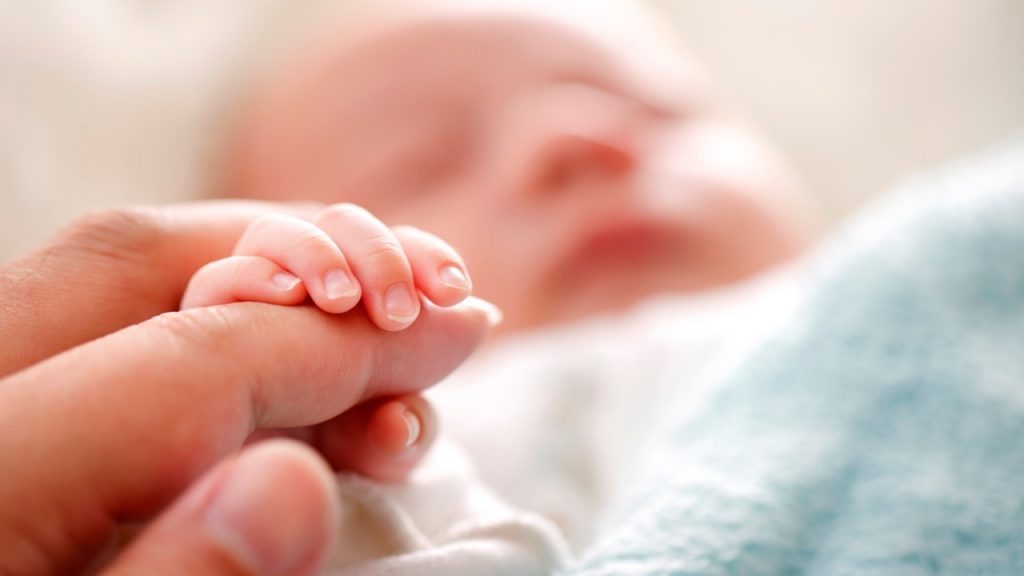
Official data has analyzed that South Korea has once again broken its own record for the lowest fertility rate in the world.
According to data released by Statistics Korea on Wednesday, February 22, the average number of anticipated children per South Korean woman during her reproductive years decreased to 0.78 in 2022 from 0.81 the previous year.
The figure is the lowest among countries in the Organisation for Economic Co-operation and Development (OECD), which had an average rate of 1.59 in 2020, and far below 1.64 in the United States and 1.33 in Japan the same year.
The lowest birth rate was recorded in Seoul, South Korea’s capital, at 0.59.
Concerns over how a declining population could severely damage South Korea’s economy, the 10th largest in the world, due to labour shortages and higher welfare spending as the number of older people increases and the number of taxpayers decreases have been stoked by the country’s falling birth rate.
In an effort to stem the tide of the declining birthrate, the government has spent 280 trillion won ($210 billion) over the past 16 years but has failed.

In 2018, South Korea’s fertility rate fell below one child per woman and its population shrank for the first time in 2021.
Without migration, a population must have a fertility rate of 2.1 per woman in order to remain stable.
Many young South Koreans claim that, unlike their parents and grandparents, they do not feel obligated to have children. They point to the unpredictability of a depressing job market, exorbitant housing costs, gender and social inequality, a lack of social mobility, and the enormous cost of raising children in a society that values competition above all else as contributing factors.
Women also lament the pervasive patriarchal culture that forces them to take on the majority of childcare responsibilities while dealing with prejudice at work.
According to the Yonhap news agency, President Yoon Suk-yeol’s government unveiled a number of measures in December to address South Korea’s declining birth rates, including incentivise child-bearing and end discrimination against women in the workplace.
Additionally, the government promised to take action to create more jobs and housing that is affordable for young people.

According to Statistics Korea’s most recent data, 249,000 babies were born in the country in 2022, which is fewer than the 260,000 recorded in 2021.
The average age at which a woman gave birth also rose to 33.5 last year.
The number of deaths meanwhile stood at 372,800, up from the 317,680 recorded the previous year.
The population of South Korea reached a maximum of 51.84 million in 2020 and declined to 51.74 million in 2021.
It is further expected to shrink to 37.66 million by 2070.
Author-Roberta Appiah





